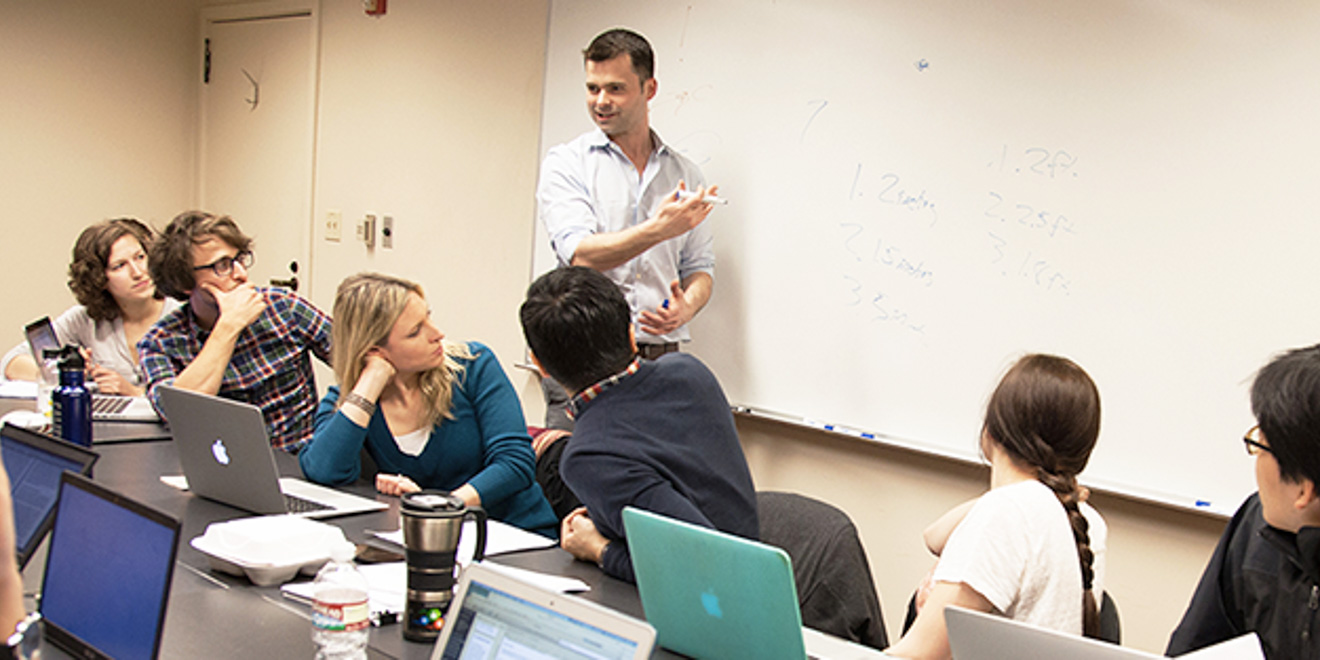Generally expected to pursue careers in academia, some Ph.D. students are now bucking tradition and going into industry upon graduation, taking jobs at tech companies in Silicon Valley — much to the dismay of their faculty advisors, some students say.
One field in which the Ph.D. tech trend is particularly prevalent is sociology. Students described a variety of motivations for embracing the Valley, from a shortage of traditional academic posts to the financial opportunities in the tech sector.
Xueguang Zhou Ph.D. ’91, chair of the sociology department at Stanford and Kwoh-Ting Li Professor in Economic Development, believes that the phenomenon is a result of shifts in supply and demand. According to Zhou, students in the sociology program are well-equipped with the tools that tech companies are looking for nowadays.

“While it’s partly because of our location here [in Silicon Valley], as there are so many outside opportunities, I also think it’s partly due to how we train our graduate students with sociological knowledge as well as technical skills such as statistical analysis and working with data,” he said.
Merilys Huhn, a third year sociology graduate student, echoed the notion that students in the department are well prepared for the demands of an industry job — or really “for any type of career,” Huhn said.
Zhou also believes that due to the rise of social networking services, students with a sociology background are now increasingly sought after by tech companies. Facebook and Twitter-savvy individuals with knowledge of social relations are desirable for many fields, Zhou said.
Despite an apparent increase in industry demand for sociology students, Zhou personally maintains that tech jobs have not necessarily become more desirable than academic ones. He acknowledges, however, that the job market may be tighter than before.
“It’s not like careers in industry are outcompeting academic careers,” he stated. “I think most of our graduate students still view an academic position as their dream job and, given the choice, they’d still prefer to pursue an academic career.”
Alison Wynn M.A. ’13, a seventh year sociology graduate student, pointed to prospects in academia.
“Tenure-track jobs in academia are extremely tight right now,” Wynn explained. “With more schools moving to adjunct [non-tenure-track faculty] models, it’s hard to find decent jobs with benefits; many people are unable to find jobs they like in academia and turn to industry.”
Huhn shares similar views on the benefits of going into tech.
“I’d want the kind of job that would be worthwhile instead of going to lecture circuits or an adjunct professorship where I’d get no protections at all,” Huhn said. “Because if that’s going to happen, why wouldn’t I go into tech instead and get the protections?”
While more students are recognizing the attractions of industry, Huhn believes it is inadvisable to advertise oneself as “leaving academia.” Some students will have to think twice before immediately informing their advisors of their intentions.
Zhou disagreed with the notion that advisors are unsupportive of their advisees’ career plans. He said that a student’s decision, even if untraditional, never really comes as a surprise to his or her advisor.
“By the end of a student’s time here, it’s pretty clear where they want to and will go, so the faculty are pretty psychologically prepared for where they will go,” he said.
Zhou admitted that learning to accept a shift in student interest has been a challenging process but is one that faculty are working hard to undergo. Since faculty predominantly conduct research, Zhou said it is natural for professors to want students to follow in their footsteps.
Contact Lisa Wang at lisaw20 ‘at’ stanford.edu.
Note: This story has been updated to reflect a source’s concerns over professional repercussions.
